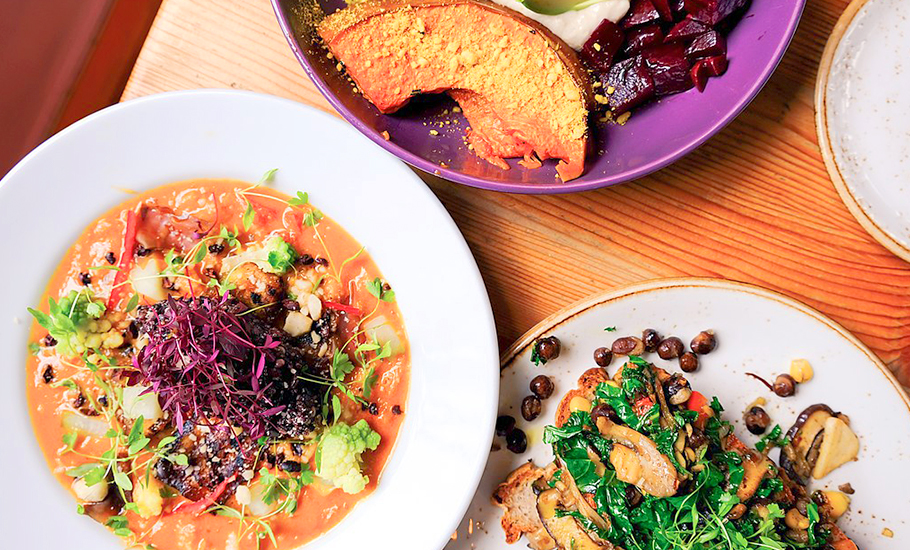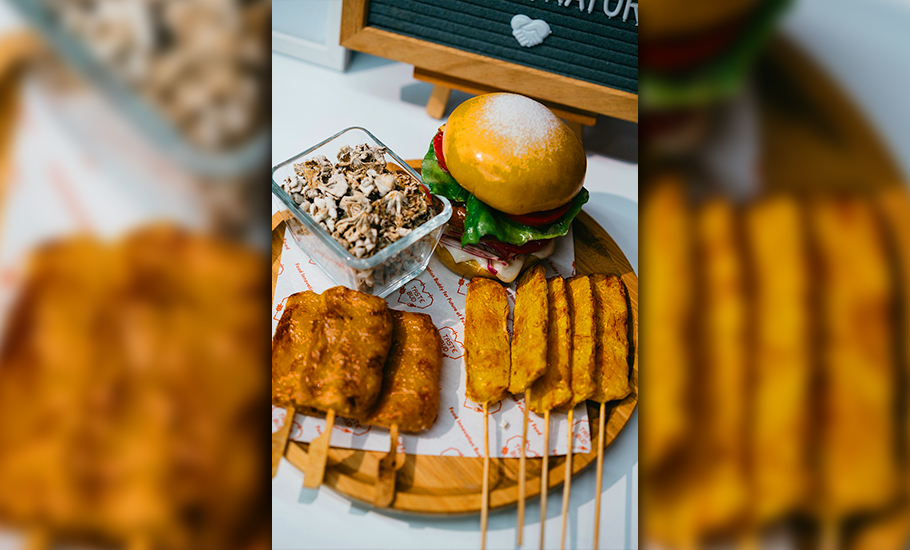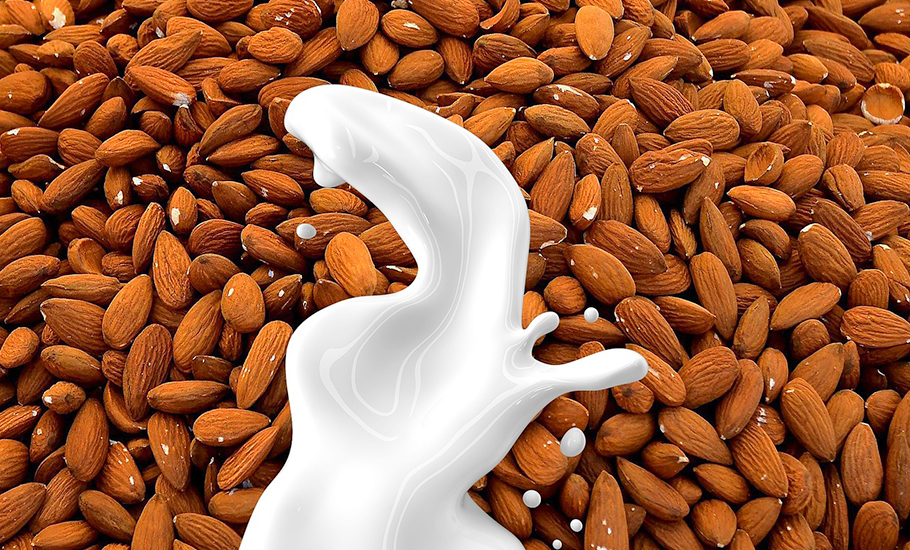
- Home
- India
- World
- Premium
- THE FEDERAL SPECIAL
- Analysis
- States
- Perspective
- Videos
- Sports
- Education
- Entertainment
- Elections
- Features
- Health
- Business
- Series
- In memoriam: Sheikh Mujibur Rahman
- Bishnoi's Men
- NEET TANGLE
- Economy Series
- Earth Day
- Kashmir’s Frozen Turbulence
- India@75
- The legend of Ramjanmabhoomi
- Liberalisation@30
- How to tame a dragon
- Celebrating biodiversity
- Farm Matters
- 50 days of solitude
- Bringing Migrants Home
- Budget 2020
- Jharkhand Votes
- The Federal Investigates
- The Federal Impact
- Vanishing Sand
- Gandhi @ 150
- Andhra Today
- Field report
- Operation Gulmarg
- Pandemic @1 Mn in India
- The Federal Year-End
- The Zero Year
- Science
- Brand studio
- Newsletter
- Elections 2024
- Events
- Home
- IndiaIndia
- World
- Analysis
- StatesStates
- PerspectivePerspective
- VideosVideos
- Sports
- Education
- Entertainment
- ElectionsElections
- Features
- Health
- BusinessBusiness
- Premium
- Loading...
Premium - Events

Why eco-friendly diet may not be health-friendly

The push for plant-based diets today is perhaps the largest it has ever been in remembered history. While many ancient cultures espoused the virtues of eschewing meat and vegetarianism was periodically promoted in pockets across the world (Renaissance artist Leonardo da Vinci is said to have abstained from eating meat or poultry!), it is only since the Covid-19 pandemic that we find a...
The push for plant-based diets today is perhaps the largest it has ever been in remembered history. While many ancient cultures espoused the virtues of eschewing meat and vegetarianism was periodically promoted in pockets across the world (Renaissance artist Leonardo da Vinci is said to have abstained from eating meat or poultry!), it is only since the Covid-19 pandemic that we find a significant shift in the way people view food and dietary choices. Concern for the environment, especially among Gen Z, compassion towards animals, and wellness are all driving the largest push to plant-based diets ever witnessed on the planet.
Even in India, which has one of the largest vegetarian populations in the world, there is a whole new wave of plant-based alternatives that are changing food market dynamics, especially in big cities. There is a significant rise in the availability and popularity of plant-based foods, with a wide range of options now available in supermarkets, restaurants, and cafes. Indore, which has a large segment of vegetarian diners, boasts of a luxury hotel that has three Food and Beverage outlets and one of the best Sunday brunch buffets in a city that loves its food.
Also read | Indian scientist develops inexpensive pH sensor that can tell if your food is spoiled
In fact, the Sheraton Grand Palace Indore is the first and only Marriott hotel anywhere in the world that is purely vegetarian. And no, this is not an isolated trend. Even global fast-food chains have taken note of what is a decisive market shift — Burger King now serves ‘Impossible Whopper’, a plant-based flame-grilled patty; Starbucks has launched vegan beverages and plant-based alternatives such as oat, almond and soya milk; and, quintessential Indonesian ingredient tempeh has made an appearance in India, thanks to brands like Hello Tempayy that is positioning it as an alternative to paneer.
Many on the menu
West Shore Café on the edge of the lake in faraway Lake Tahoe, America’s premier alpine lake, serves a signature dish that is an absolute blow-away. Here, Carnitas Tacos, the classic delicacy that’s usually made with slow-cooked pork shoulder is crafted with raw jackfruit, with most diners unable to tell the difference. The chef’s simple approach is to treat raw jackfruit like meat — griddle it until it turns crispy.

Raw jackfruit in fact has emerged as one of the hero ingredients for plant-based diets. In the second half of 2021, Hilton hotels across India collaborated with Wakao Foods to create a special menu crafted with raw jackfruit. From a Kerala style erachi fry which substitutes meat with raw jackfruit to a juicy burger and even a chocolate Magnum bar with a raw jackfruit infusion, it showcased the potential of plant-based alternatives.
Then, it’s not just raw jackfruit; everything from soybean, tofu, mushrooms and lentils are being used to replicate meat, with mock meat menus featuring tacos, breakfast sausage patties, wings, and even bacon strips.
Vegan push
While it’s easy to be vegetarian in India, it is slightly trickier to navigate the country as a vegan, especially if you want to enjoy restaurant dining. Ghee, paneer and yoghurt, all dairy products, are popular ingredients and taste-enhancers in Indian cooking and used liberally in vegetarian dishes. There is also just a smattering of vegan restaurants around the country, except perhaps in Mumbai when the vegan movement is more popular and where, as A N Pathak, a corporate executive who often visits Mumbai, says: “It is a relief not to scour through a menu to filter dishes that might not have been cooked in yoghurt or garnished with ghee.”
Also read | Delhi HC seeks Centre’s stand on PIL over QR codes on meds, food products
But in this case, the market shift is evident in the way vegan brands are now pushing for space in supermarkets and local grocery stores. There is Veggie Champ which distributes high-end, vegan-friendly meat substitutes like vegan sausages, kebabs, hot dogs, burgers, fish, and chicken. There is Chennai-based Vegeta Gold, another forerunner in the Indian meat-substitute market; plant-based food producer Evo Foods which specialises in vegan egg substitutes that are suitable for both breakfast and baking; and Plant Made which manufactures vegan egg substitutes, spreads high in plant protein and flavoured beverages and milk alternatives.
Imagine Meats, a plant-based meat alternative company co-founded by Bollywood actor couple Riteish and Genelia Deshmukh, has been expanding with great success since 2021. In June 2022, it forayed into the QSR industry, one of the fastest growing worldwide, by tying up with Starbucks, with an all-new vegan menu featuring vegan sausage croissant roll, vegan kebab wrap, and vegan croissant bun. At the launch Tata Starbucks CEO Sushant Dash said, “People are seeking various options for their own reasons. It could be for health or sustainability. This is why we started offering alternatives to dairy two years ago and now feel the time is right to offer vegan food alternatives as well.”
It’s the environment
Of late, exacerbated by the Covid-19 pandemic, the noise around extinction rebellion and sustainable diets has only grown, contributing to plant-based diets becoming top of mind for many. In 2019 itself, a survey of Gen Zers by Cone had discovered that 87.5 per cent are worried about the environment and 41 per cent feel that climate change is the single-most important issue facing the planet. Thirty-five per cent of this group aimed to be meat-free by 2021.
Other studies also show that while health remains the biggest driver of vegetarian and vegan diets overall, sustainability has moved up the agenda; now it is the top reason for younger consumers, especially the post-Millennials. Concern for the environment and global warming are driving many to seek plant-based alternatives. According to Food and Agriculture Organisation (FAO) estimates, cattle produce more greenhouse gas (GHG) emissions than cars, and are responsible for nine per cent of all human-induced GHG. And yes, sustainability concerns can be addressed by alternative meats, such as protecting the natural habitat, conserving farmland over multiple generations and reducing food waste.
The health factor
Here, enters plant-based faux meat and food—you want do a little something for the environment and still enjoy your favourite food. Vegetarians and vegans have long argued that going meat-free is a healthier option. The first part of their case stems from the risks of high blood cholesterol and heart diseases associated with red meat in particular. There’s also another key factor — the risk from the use of hormones and antibiotics in livestock management. Also, N-nitroso compounds that are cancer-causing substances. Of course, nitrite and related compounds, such as nitrate, are also found in some vegetables and may even be beneficial for health. However, not all nitrite is the same; in processed meat it can turn into harmful N-nitroso compounds.
With food technology having evolved greatly, and with many people looking to cut down on their meat consumption, it was but organic for brands and businesses to explore alternative meat products. But then plant-based processed foods come with their share of health risks. Just because they are environment-friendly, they are not automatically health-friendly.

Many of these products have higher salt levels than real meat, a challenge that food manufacturers need to address. Guwahati-based endocrinologist Rajiv Singh whose pet interest is plant-based diets says: “Calorie intake could be higher in plant-based diets rich in ultra-processed foods, leading to a greater potential for developing obesity and diabetes.” He explains that while plant-based meat alternatives are taking the world and kitchens by storm, they undergo processes such as canning, freezing, drying, baking and pasteurising and also contain additives — dextrose, maltose, hydrogenated oils and trans fats — that are big no-no’s for a healthy diet. Many a time, nutrients are also reduced.
“Knowing what is in your food and looking at labels is an important part of eating healthy,” says Dr Singh, adding that one of the best rules of thumb when eating processed plant food is to look up the ingredient that cannot be pronounced. “If you cannot figure it out, you mostly will not want to put into your body,” he says.
Caution does it
The plant-based lifestyle shift is here to stay. Lab-grown real meat, produced from cell cultures, is likely to hit supermarket shelves in a decade. The other area that is seeing an upheaval is plant-based milk market. In just half-a-decade, the market has increased by about nine per cent, even as the dairy industry has shrunk. Think almond milk, soy milk, oat-hazelnut milk, millets-drink, coconut beverage and more. Earlier, religious beliefs or compassion towards animals were the main drivers for veganism or vegetarianism. Today, wellness and concern for the environment are the dominant reasons. We’re soon likely to see more and more businesses and chefs adapt to this trend. But then, when you enjoy those plant-based meals, just follow the rule of thumb mentioned.
